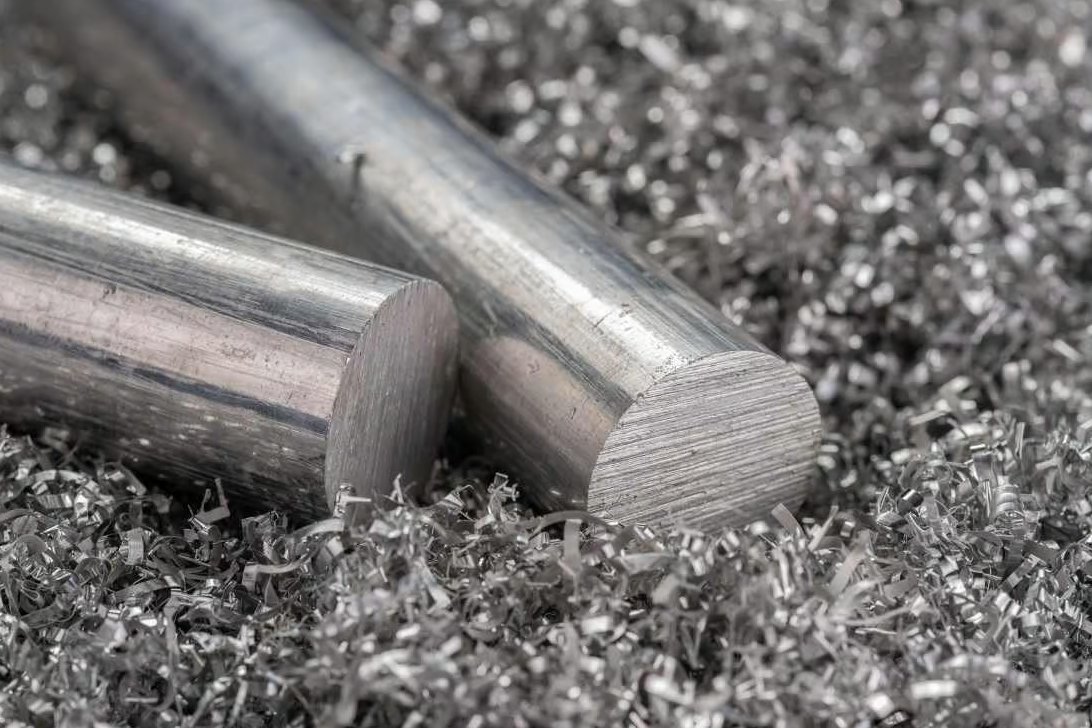The Versatile Aluminum: Properties and Diverse Applications
Aluminum, a remarkable material famed for its abundant availability, unique properties, and versatile applications, has become an essential component in various industries and sectors.

Aluminum, a remarkable material famed for its abundant availability, unique properties, and versatile applications, has become an essential component in various industries and sectors, ranging from automotive to construction and packaging. Aluminum's wide-ranging use in products like winter gardens, bioclimatic structures, awnings, and wind breakers testifies to its remarkable utility and importance in modern life.
Intrinsic Properties of Aluminum
Aluminum is the third most abundant element on Earth's crust, contributing to approximately 8% of its weight. Pure aluminum possesses a range of properties that make it an attractive choice for a multitude of applications.
-
Lightweight: Aluminum is about one-third the weight of iron, steel, copper, or brass, making it easier to handle, less expensive to ship, and a wonderful choice for applications that require light but robust materials.
-
Strength: Despite being lightweight, aluminum can be made substantially stronger by alloying it with small amounts of other materials such as manganese, magnesium, and copper.
-
Corrosion Resistance: Aluminum naturally generates a protective oxide coating and is particularly useful for protection and conservation, making it resistant to corrosion. This quality can be further improved by treating its surface with anodizing, painting, or lacquering.
-
Thermal and Electrical Conductivity: Aluminum is an excellent conductor of heat and electricity, surpassing all other common metals at room temperature in terms of conductance per weight.
-
Reflectivity: Aluminum is a good reflector of light as well as heat, making it ideal for light fixtures and insulation material.
-
Recyclability: Aluminum is 100% recyclable and retains its properties indefinitely. Recycling aluminum uses only 5% of the energy required to produce new aluminum, making it highly environmentally friendly.
Applications of Aluminum
Given its unique properties, aluminum is used in a variety of applications. In the context of products like winter gardens, bioclimatic structures, awnings, and wind breakers, let's explore how aluminum proves its mettle.
- Winter Gardens: A winter garden, a glass structure often constructed as an extension of a house, allows the cultivation and protection of delicate plants during harsh winters. Aluminum is a popular choice for winter garden frames due to its strength, lightweight nature, and resistance to weathering and corrosion. It ensures structural integrity while allowing for maximal light penetration due to its slim profile.
- Bioclimatic Structures: Bioclimatic structures are designed to take advantage of climate and environmental conditions to maximize thermal comfort and energy efficiency. Aluminum's thermal conductivity makes it a preferred choice for such structures. Its low thermal mass enables rapid heating and cooling, reducing energy usage. Furthermore, the aluminum frames in bioclimatic pergolas or terraces are durable, resistant to harsh weather, and require little maintenance, promoting long-term sustainability.
- Awnings: Aluminum awnings are popular for their durability and low maintenance. They offer protection from elements like sun, rain, and snow, extending the living space to the outdoors. The light reflectivity of aluminum keeps the space cool, while its corrosion resistance ensures that the awning retains its aesthetic appeal over time.
- Wind Breakers: Aluminum wind breakers offer protection from wind and noise pollution. Their lightweight yet strong nature makes them an excellent choice for outdoor applications. They are easy to install and resistant to rusting, making them long-lasting with minimal maintenance.
In conclusion, aluminum’s inherent properties such as being lightweight, strong, resistant to corrosion, thermally conductive, reflective, and recyclable, make it an incredibly versatile material that is irreplaceable in numerous applications. Its use in constructing winter gardens, bioclimatic structures, awnings, and wind breakers is a testament to this versatility. Aluminum, thus, continues to be a material of choice, facilitating our adaptation to diverse environments and needs, while championing sustainability.

